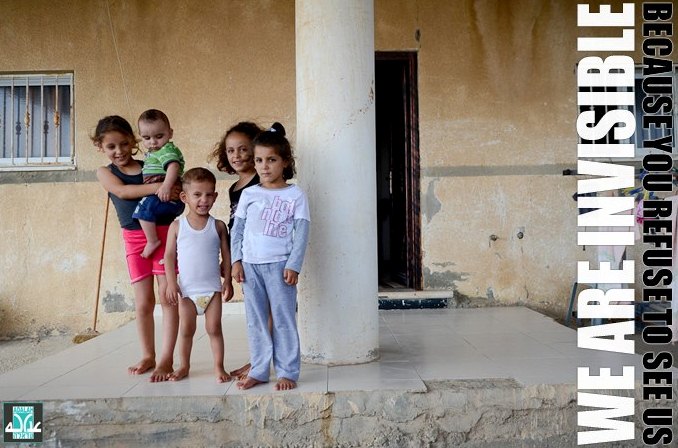Petition against state benefits cuts for unvaccinated children dismissed by Supreme Court
Supreme Court is punishing Arab Bedouin children
On 5 June 2013, the Israeli Supreme Court dismissed Adalah's petition against Amendment 113 of the National Insurance Law, which reduces child allowances by 60% for families that have not had their children vaccinated.
Adalah argued against this law as the condition of immunization harms children from poor families in areas that lack health services due to state neglect, especially the unrecognized Arab Bedouin villages of the Naqab (Negev). Adalah petitioned against the law in 2010 when it was initially passed, although the state delayed its implementation until 2013.
Petition on behalf of Arab Bedouin women, civil society
Adalah Attorney Sawsan Zaher filed the petition on behalf of ten Arab Bedouin women who are citizens of Israel living in the Naqab, as well as the chairmen of local committees of three unrecognized villages, the Yasmin al-Naqab Health Organization, Ma’an - The Forum of Arab Bedouin Women’s Organizations in the Naqab, and Mu’assasat Hadanat El-Nasra Association.
The petition argued that, "The condition in the law is unconstitutional. It violates children’s interests and the principle of equality between children." In addition, it conflicts with the Basic Law: Human Dignity and Freedom.
Petitioners know vaccinations are for children’s health
As Adalah emphasized, the petitioners are well aware that the vaccinations are in the children’s best interest. They have asked the state authorities to take positive measures to promote children’s health and encourage immunization, including opening additional mother and child clinics where vaccinations are given.
The new amendment stands merely to further increase the incidence of poverty among children. Children from the poorest families are the least able to reach distant clinics for vaccinations - Arab Bedouin families in unrecognized villages.
Attorney Zaher says: "It is not possible for a democratic state to punish children because they have not been vaccinated. The state's duty is to preserve these children's health, not harm it."
Court claims no specific harm shown, despite 10 individual petitioners
The Court dismissed the case, citing "the lack of specific cases of harm done to children," even though the petition provided testimonies from 10 Arab Bedouin women from unrecognized villages, including Wadi Na'am, Abu Tlul, and Qasr Sir.
The court did not see any constitutional infringement on the constitutional right to dignity and freedom, as the petition argued.
Additionally, the Court stated that its decision was based on the claim that the new requirement will be enforced along with additional regulations that will reduce child allowance disparity.
Supreme Court to state: Ensure Bedouin are protected
Despite dismissing the case, the Supreme Court instructed the state to ensure that the law would not be used to discriminate against Arab Bedouin children whose families do not have access to health care clinics.
Citation: HCJ 7245/10, Adalah v. Minister of Welfare and Social Affairs (decision delivered 5 June 2013)
 Photo of Arab Bedouin children by Jenny Nyman for Adalah’s Stop Prawer campaign
Photo of Arab Bedouin children by Jenny Nyman for Adalah’s Stop Prawer campaign













